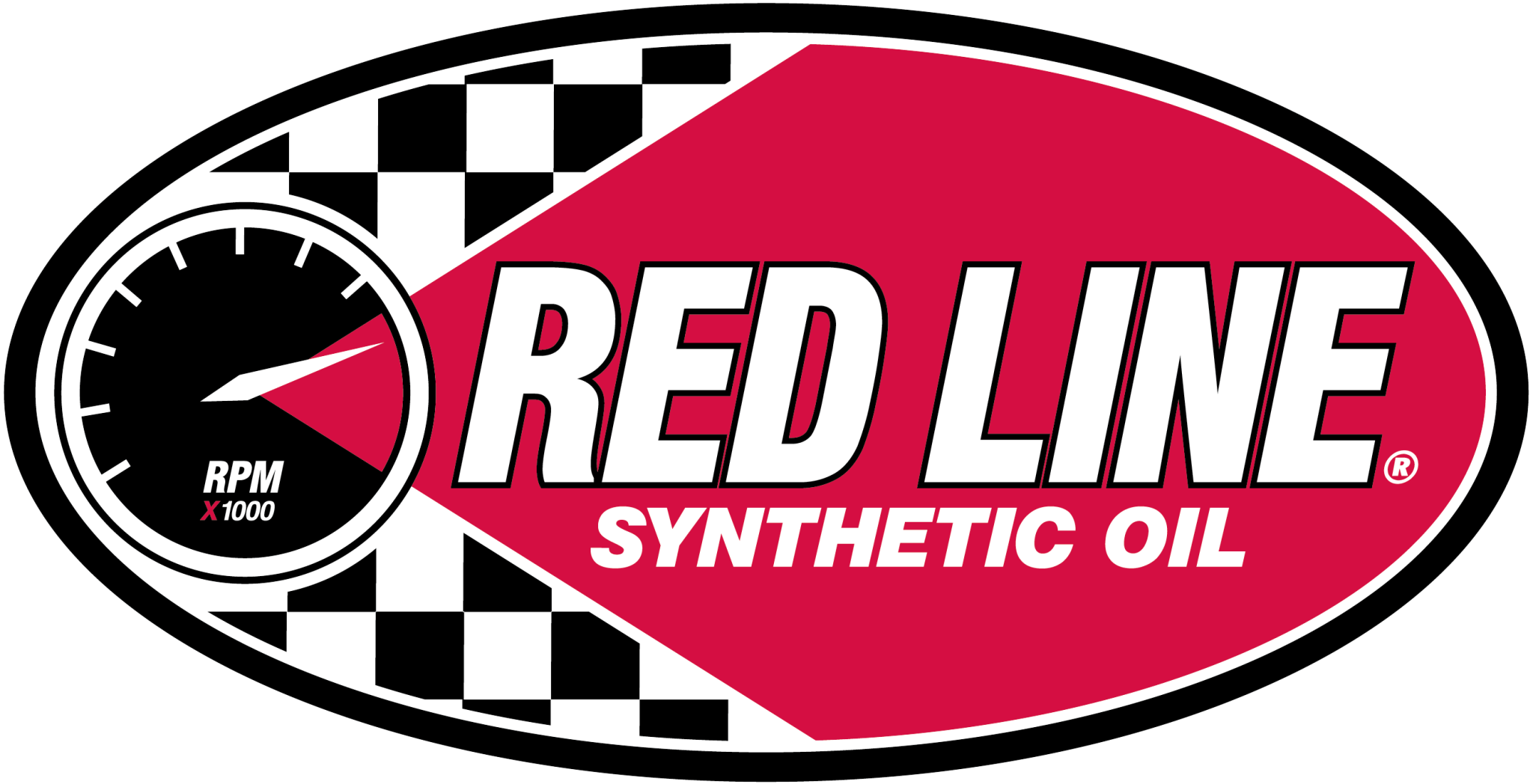Neat Tips About Is Redline Good For Engines

Redline and Your Engine
1. Understanding Engine Lubrication
So, you're wondering about Redline oil and whether it's the bee's knees for your engine. That's a valid question! Think of engine oil like the lifeblood of your car. It's not just there; it's working tirelessly to keep everything running smoothly. Good lubrication reduces friction between moving parts, dissipates heat, and helps prevent corrosion. Without it, well, let's just say your engine would sound like a grumpy robot having a meltdown.
Different oils have different properties and additives. Some are designed for high-performance applications, others for fuel efficiency, and some are just plain good all-around choices. Redline definitely leans towards the high-performance side of the spectrum. It's known for its ester-based synthetic formulations, which have some unique benefits.
But before we get too far down the rabbit hole of esters and viscosity indexes, let's keep it simple. The key to any good oil is its ability to maintain a protective film between engine parts, even under extreme conditions. This film needs to be strong enough to resist being squeezed out or broken down by heat and pressure.
Choosing the right oil, like Redline or any other reputable brand, is a crucial decision for extending the life of your engine. Think of it as an investment in your car's longevity. After all, nobody wants to be stuck on the side of the road with a seized engine!
2. Redline's Special Sauce
3. The Ester Advantage
Now, let's talk about what makes Redline a little different. The secret ingredient, so to speak, is esters. These are synthetic compounds that are naturally polar, which means they have a slight electrical charge. This charge helps them cling to metal surfaces, providing excellent lubrication right from the start — even before the engine is fully warmed up.
Esters are also known for their high film strength, meaning they can withstand extreme pressure and heat without breaking down. This is particularly important in high-performance engines that operate at higher temperatures and pressures. Imagine your engine working out at the gym, pushing its limits — Redline with esters is like giving it a protein shake to help it recover and perform better.
Another benefit of esters is their natural detergency. They help to clean deposits and sludge from the engine, keeping things running smoothly. It's like a little housekeeper living inside your engine, tidying up as you drive.
However, it's important to note that ester-based oils can sometimes be more expensive than other types of synthetic oils. So, you'll need to weigh the benefits against the cost to determine if it's the right choice for your specific needs. Think of it as choosing between a gourmet meal and a regular dinner; both will fill you up, but one offers a more refined experience.
4. Is Redline Actually Worth It?
5. Determining Value
Okay, the million-dollar question: Is Redline good for engines? The answer is a resounding "it depends." For high-performance engines, track cars, or vehicles that are regularly subjected to extreme driving conditions, Redline can be a fantastic choice. The enhanced lubrication and protection can help to extend engine life and improve performance. But be honest, are you actually doing that on a daily basis?
For everyday drivers who primarily use their cars for commuting or running errands, the benefits of Redline may not be as noticeable. A good quality conventional or synthetic blend oil may be perfectly adequate. Think of it as using a high-end racing bike to ride to the grocery store; it'll work, but it's probably overkill.
It's also crucial to choose the correct viscosity grade of oil for your engine, as specified by the manufacturer. Using the wrong viscosity can actually do more harm than good. Consult your owner's manual or a trusted mechanic to determine the appropriate oil for your vehicle.
Ultimately, the decision of whether or not to use Redline oil is a personal one. Consider your driving habits, the type of engine you have, and your budget. Do your research, read reviews, and talk to other car enthusiasts to get their opinions. The best oil for your engine is the one that provides the right level of protection and performance for your specific needs.
6. Potential Downsides to Consider
7. Addressing Concerns
While Redline has many advantages, there are a few potential downsides to consider. One is the cost, as ester-based oils tend to be more expensive than other types of synthetic oils. If you're on a tight budget, this may be a significant factor.
Another potential issue is compatibility. Some older engines may not be designed to handle synthetic oils, particularly those with ester-based formulations. Using Redline in an incompatible engine could potentially lead to leaks or other problems. Always check your owner's manual or consult a mechanic to ensure that synthetic oil is suitable for your vehicle.
Finally, some people report that Redline can sometimes cause a slight decrease in fuel economy. This is because the higher viscosity of some Redline oils can create more internal friction within the engine. However, this effect is usually minimal and may not be noticeable in everyday driving.
Before switching to Redline, it's essential to weigh these potential downsides against the benefits and make an informed decision based on your specific needs and circumstances. Don't just blindly follow the hype; do your homework!
8. Beyond Oil
9. Exploring the Redline Universe
Redline isn't just about engine oil; they also offer a range of other performance lubricants and additives, such as gear oils, transmission fluids, and fuel system cleaners. These products are designed to complement their engine oils and provide comprehensive protection for your entire vehicle.
Their gear oils, for example, are formulated to withstand the extreme pressures and temperatures found in differentials and transmissions. They can help to reduce wear and improve shifting performance, especially in high-performance vehicles.
Redline's transmission fluids are also designed to provide superior protection and performance compared to conventional fluids. They can help to extend the life of your transmission and improve its overall efficiency.
And let's not forget their fuel system cleaners, which can help to remove deposits and keep your fuel injectors clean. This can improve fuel economy and reduce emissions. So, if you're considering Redline for your engine oil, it might be worth exploring their other products as well to give your entire vehicle a performance boost.

FAQ About Redline Oil
10. Common Questions About Redline
Let's tackle some frequently asked questions about Redline oil to clear up any lingering doubts.
11. Is Redline oil suitable for all types of engines?
Not necessarily. Redline is generally recommended for high-performance engines, racing applications, and vehicles subjected to extreme driving conditions. Always check your owner's manual or consult a mechanic to ensure it's compatible with your engine.
12. Can Redline oil improve fuel economy?
Potentially, but not always noticeably. Some Redline oils may have a slightly higher viscosity, which could marginally reduce fuel economy. However, the enhanced lubrication and protection could offset this effect over time.
13. How often should I change Redline oil?
Follow the manufacturer's recommendations for your vehicle and driving conditions. Redline oils often offer extended drain intervals, but it's always best to err on the side of caution and monitor your oil's condition regularly.
14. Is Redline a full synthetic oil?
Yes, Redline formulates most of their engine oils as full synthetics. Their full synthetic formulations are also ester-based.

Redline And RPM Range Capabilities


